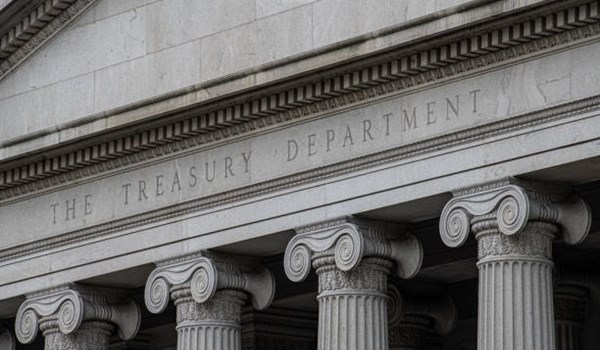Hong Kong is gearing up to roll out a special licensing system for cryptocurrency-to-fiat exchanges. This move aims to make the city an attractive destination for virtual asset investments thanks to its favorable tax policies.
What sets Hong Kong apart is its lack of capital gains tax on cryptocurrencies and other virtual assets. In contrast, countries like Japan can tax such assets at rates as high as 50%, while Australia’s rate hits 40%. With this tax advantage, Hong Kong’s crypto market could see an influx of investors.
Special Crypto Licensing System in Hong Kong
Hong Kong has been actively developing its virtual asset market in recent years. According to Hu Zhenbang, Chief Financial Officer of OSL Group, the region holds several competitive advantages, including low tax rates, a clear legal framework, and robust investor protection mechanisms.
Additionally, Hong Kong serves as a key financing hub for international funds, attracting global financial elites and benefiting from China’s strong backing. These factors combine to provide Hong Kong with the necessary resources, talent, and policy support to potentially lead Asia’s virtual asset market.
Hu Zhenbang highlights that the absence of asset value-added tax on virtual asset investments makes Hong Kong particularly appealing to global investors. In contrast, Japan and Australia, despite being early adopters of virtual assets, require investors to pay taxes on asset appreciation, which are included in their comprehensive tax rates.
For investors prioritizing returns, Hong Kong’s low tax regime is a significant draw. Moreover, the banking sector’s attitude towards virtual assets plays a crucial role. While many large banks in Japan are hesitant to open accounts for virtual asset institutions due to money laundering concerns, Hong Kong banks are more open and welcoming, including several Chinese banks.
Regulatory Measures and Licensing System
Hong Kong may soon introduce a licensing system for cryptocurrency exchanges. The government has already implemented various measures to combat money laundering and cyber threats, demonstrating its commitment to promoting standardization and exploring regulatory options for this market.
Such efforts bolster Hong Kong’s position in the virtual asset sector. Hu emphasized the unique advantages offered by Hong Kong’s virtual asset licenses. Unlike jurisdictions like Singapore and the U.S. where licenses typically cover either cryptocurrencies or security tokens, Hong Kong’s licenses allow trading of both simultaneously.
This dual capability streamlines operations compared to needing separate licenses, as is the case for companies like the U.S. listed Coinbase which can only facilitate cryptocurrency transactions. Hong Kong’s inclusive licensing thus gives it a competitive edge in the global crypto landscape.



